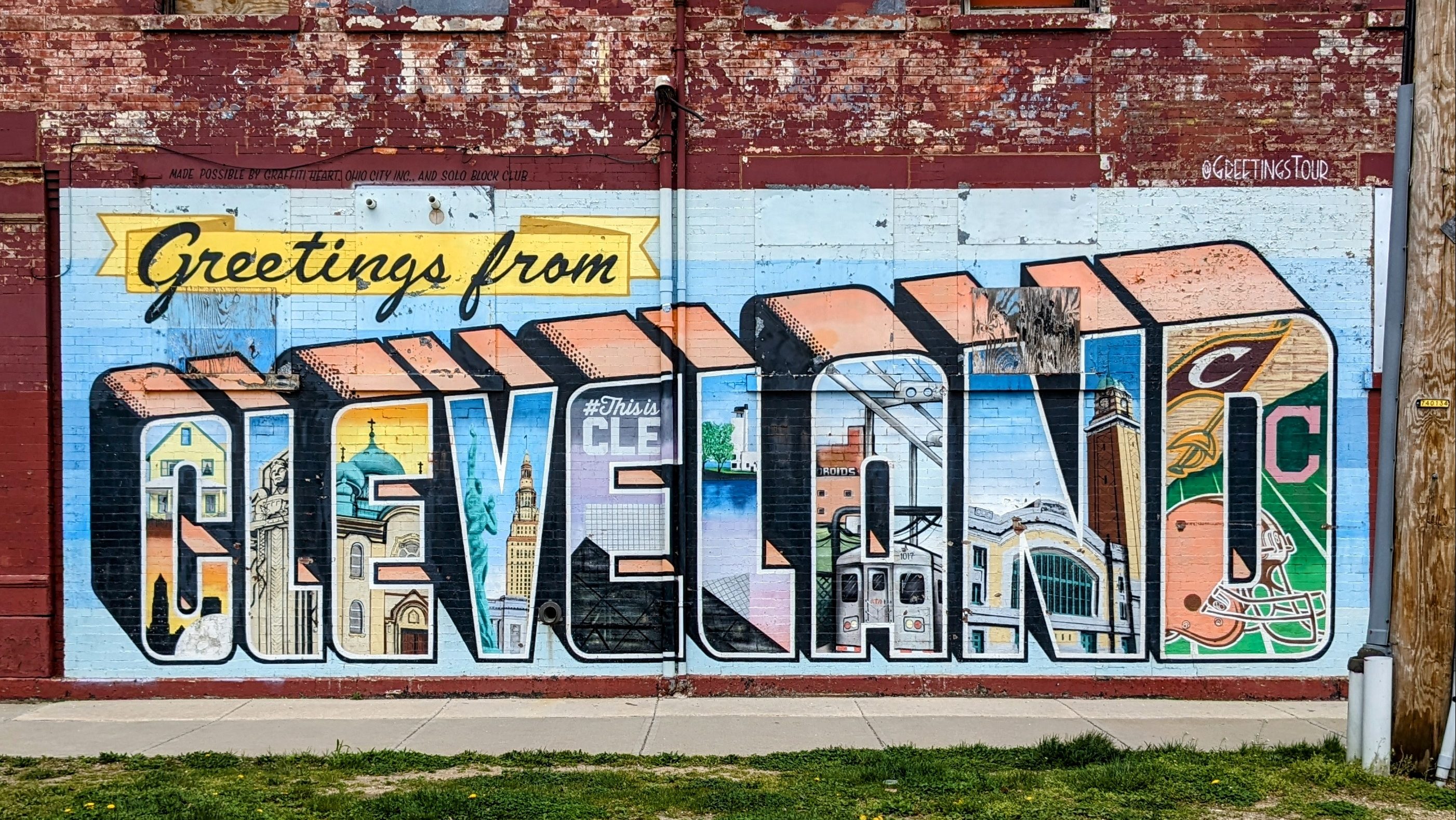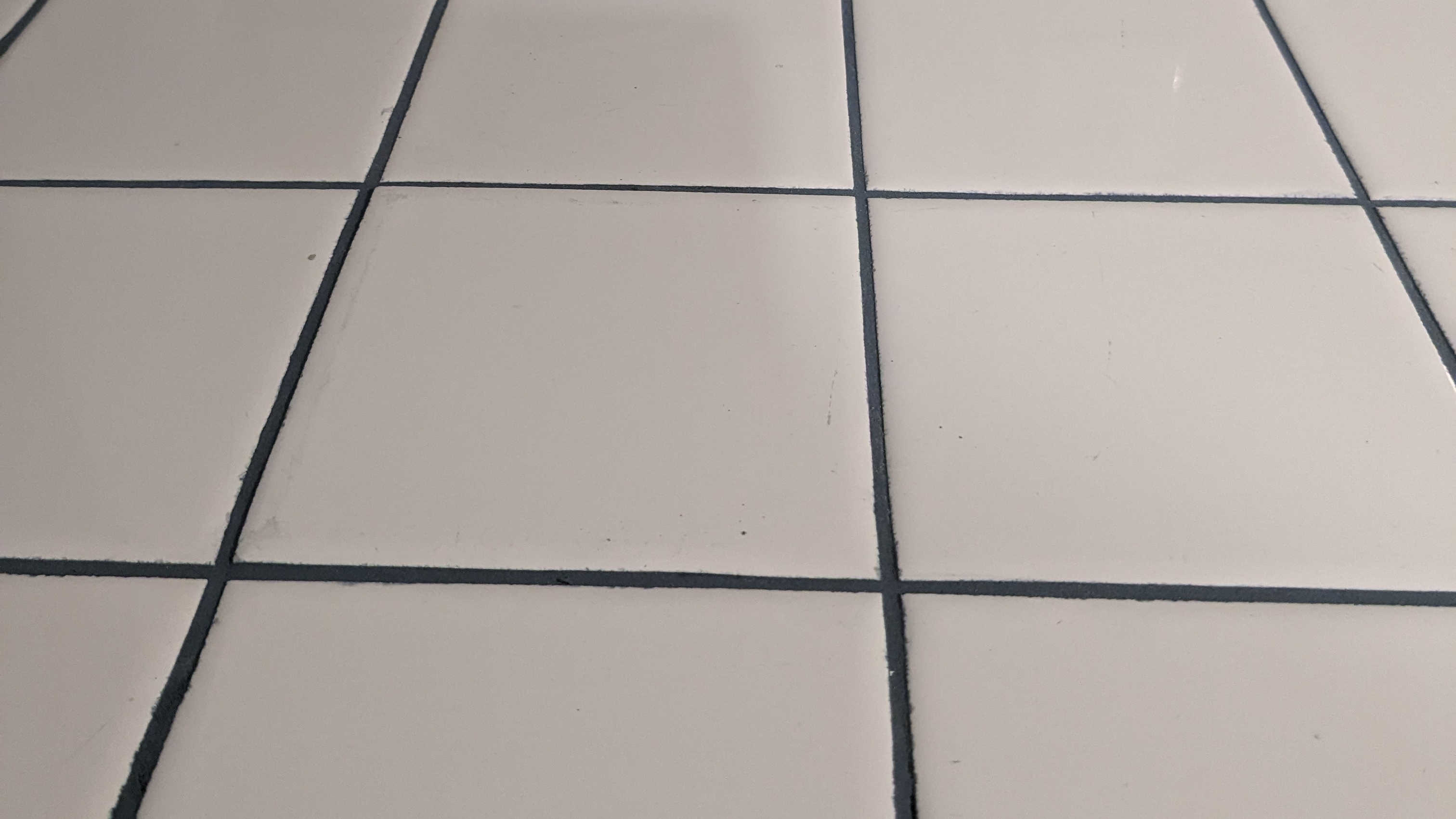Greece has so much cool old stuff to see. There is no question about that. But in planning our trip, I came across Meteora. It was described in my Western Europe Lonely Planet book as an area with “magnificent late-14th-century monasteries perched dramatically atop enormous rocky pinnacles.” The book suggested you could “walk the footpaths between monasteries.” In my search to add something a little outdoorsy, a little different, and a little active to our itinerary, a hike between clifftop monasteries would be a welcome break from days on end of ancient Greek and Roman ruins.

You have to admit that looks like a pretty nice place for a hike, right?

And the views!

Isn’t it pretty? And like nothing you’ve ever seen?

You might be wondering, how do you get up there?
Fair question. But first, you should ask yourself, how do you even get to the bottom?
Visit Meteora
It turns out that Kalambaka (the starting point of your hike) is a 4-hour train ride from Athens. And spending 8 hours on a train just to go hiking for about 4 hours sounds silly, and doesn’t account for any time to visit the monasteries or stop and take millions of pictures.
But that’s okay. Because what I learned is that most of the hike is actually just walking along the main road, and the people we saw doing it, didn’t appear to be having that much fun.
So I booked a tour.
The tour involves boarding a train in Athens at the St. Larissis train station a little before 8am. The station is small and easy to navigate, and can easily be accessed by taking the metro to Larissa Station (assuming there isn’t a strike). After a comfortable 4h train ride, you arrive in Kalambaka and are greeted at the train station by a fancy sign with your name on it and directed to a fancy tour bus and since it’s a little after noon at this point, you’ll stop for a quick lunch (not included in the price of the tour).
After lunch, the first stop is at the hermit caves near Kastraki.

These caves were hand carved in the side of this cliff by ascetic hermit monks in the 9th century, and were accessed by sketchy looking ladders.

At some point, the town’s people and UNESCO, and who knows who else, got involved and have been updating this “cave” which has one hermit monk still living in it.
After leaving the hermit caves, you ride the bus around the Meteora area for several more hours, getting off approximately a million times. Which is to say, enjoy the views out the window, but don’t bother trying to take pictures until you get off.

In the 14th century, Greek Orthodox monks began building 24 clifftop monasteries. Of these, only 6 are still functioning. You’ll have the chance to enter 3 on your tour, but you’ll see all of them from outside.

We toured the Monastery of Varlaam, the Monastery of Roussanou (now used as a convent), and St. Stephen’s Monastery. Depending on what day you go, you may tour different ones because they’re each closed to the public one day a week.

The monasteries themselves were pretty and interesting, but taking pictures inside someone’s holy place sometimes feels a little too intrusive to me so you’ll have to use your imagination.

Although we did snap this snazzy photo of me in front of a 12,000L barrel. I’m just imagining the parties they must have on their days off.
But this also reminds me, the dress code for visiting the monasteries is very particular. No exposed shoulders, no exposed knees, and females MUST wear skirts. You can get away with wrapping a scarf or sarong over your pants, but you can’t just wear pants. That said, the monasteries all rent or sell scarves. The entrance fee for each monastery is $3, which is not included in the price of the tour.






After several hours of riding around visiting monasteries and stopping for photo opportunities, you’ll return to the town of Kalambaka where you’ll have about an hour to find dinner before catching the train around 6:30pm, and arriving back in Athens around 10:30pm.
In conclusion, you won’t regret booking this tour, and you should bring a charging cable for your phone so you can keep it charged on the train and bus, which also has wifi to upload your photos as you go.
Hot tip: Stop by Vakis Grill when you get back to Kalambaka to get some grilled meat to eat on the train ride back to Athens.









Leave a Reply